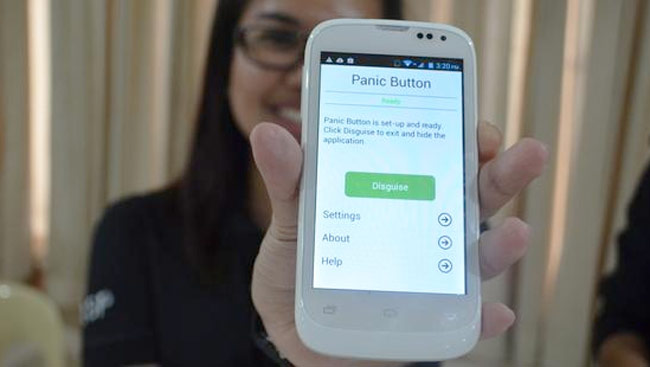A scientific journal that published the Facebook study about how emotions spread across social networks has defended its decision to publish the research.
According to Inder Verma, editor-in-chief of the Proceedings of the National Academy of Sciences, the decision to publish the research was deemed appropriate based on the information provided by the study authors.
"Obtaining informed consent and allowing participants to opt out are best practices in most instances under the US Department of Health and Human Services Policy for the Protection of Human Research Subjects," Verma said in a statement.
"As a private company, Facebook was under no obligation to conform to the provisions of the Common Rule when it collected the data used by the authors, and the Common Rule does not preclude their use of the data," Verma wrote.
It is nevertheless a matter of concern that the collection of the data by Facebook may have involved practices that were not fully consistent with the principles of obtaining informed consent and allowing participants to opt out, Verma emphasised in the note.
The study was conducted by Facebook researchers on nearly 700,000 users to investigate a phenomenon dubbed "emotional contagion".
The researchers found that emotional states can spread across social networks.
The research has sparked uproar among people who felt the study violated personal privacy.





